The Observatory for the Fight Against Corruption and Economic Embezzlement (OLUCOME) has sharply criticized Burundi’s recent administrative restructuring, saying the reforms were rushed and poorly prepared.
Speaking to journalists on Tuesday, the group’s chairperson Gabriel Rufyiri said the government’s decision to overhaul the country’s administrative system—reducing provinces from eighteen to five—illustrates a recurring pattern of ill-planned projects.
“These administrative reforms began with the current legislature in June, and now we are in October—almost five months now,” Rufyiri said. “This shows that everything we do is rarely studied or well-prepared beforehand; we keep jumping into new things without proper planning.”
He compared the reform process to previous government projects that he said were launched without sufficient feasibility studies, such as the 2006 avocado plantation initiative and the “zero-charroi” policy meant to cut government vehicle expenses.
“A lot of money was spent on avocado plantations, and now a similar plan is being brought back,” he said.
Rufyiri argued that the restructuring has left local administrations nearly paralyzed, with overlapping responsibilities and disrupted public services.
“Communes and zones now have more employees, but essential services like education and health have been disrupted,” he explained. “Some education workers have been reassigned to administrative duties just to keep their jobs. So now, which documents are they authorized to sign? What will their official roles be?”
He also denounced what he described as irregular employment practices within the new system, claiming some permanent staff were demoted or declared to have “resigned” without due process.
“Such practices are abnormal in public administration,” Rufyiri said, calling for an independent expert review, including international specialists, to assess the planning and implementation of the reforms.
Civil Society Raises Similar Concerns
OLUCOME is not alone in its criticism.In September, PARCEM, a civil society organization, warned that poor coordination of Burundi’s decentralization process could hinder national development. The group said the ongoing administrative restructuring in communes and provinces is a major issue that, without proper organization and a clear framework, risks slowing the country’s progress. PARCEM also pointed to practical challenges faced by citizens in accessing administrative services under the new system, noting that the expansion of communes has made it harder for people to reach local offices
The administrative overhaul took effect earlier this year following legislative, senatorial, and neighborhood elections that reshaped local governance. The government said the reform aimed to improve coordination and efficiency within the decentralization plan.
Former Interior Minister Gervais Ndikorabuca, who first announced the reform in 2022, argued that consolidating provinces would strengthen local governance and reduce dependence on the central government.

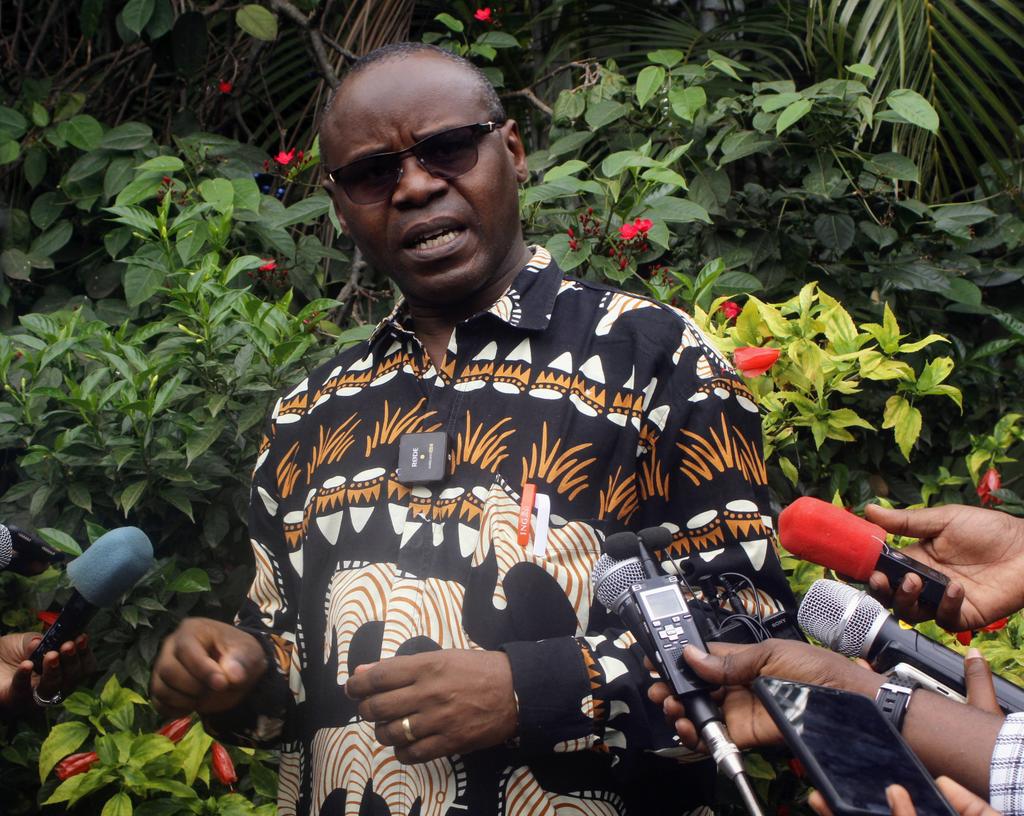

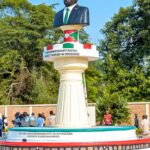
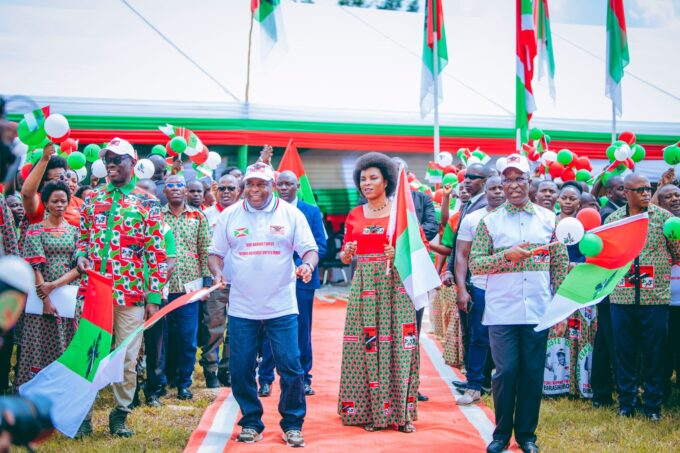
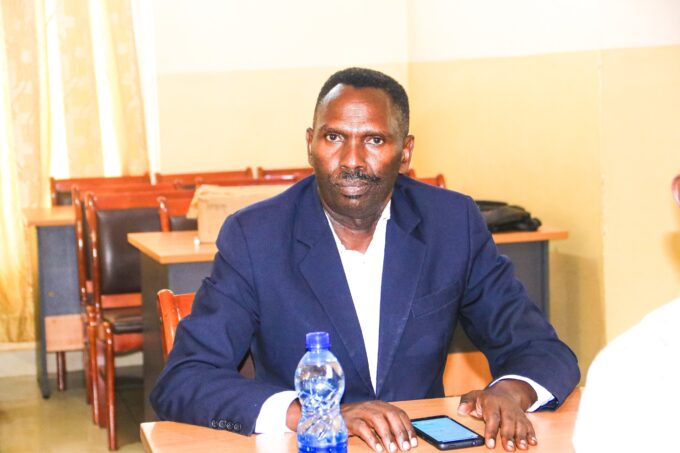
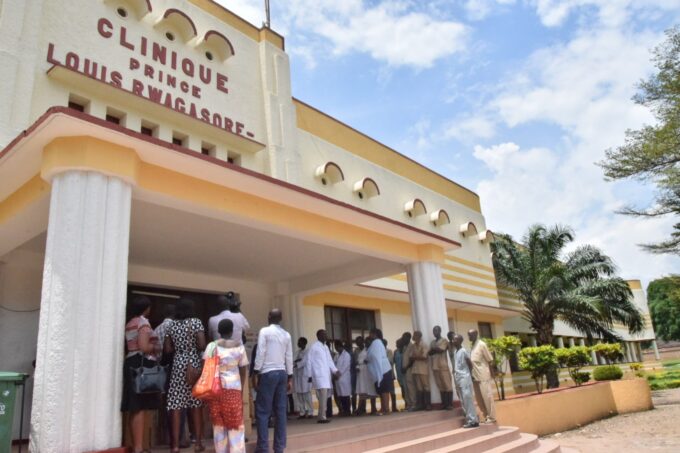

Leave a comment